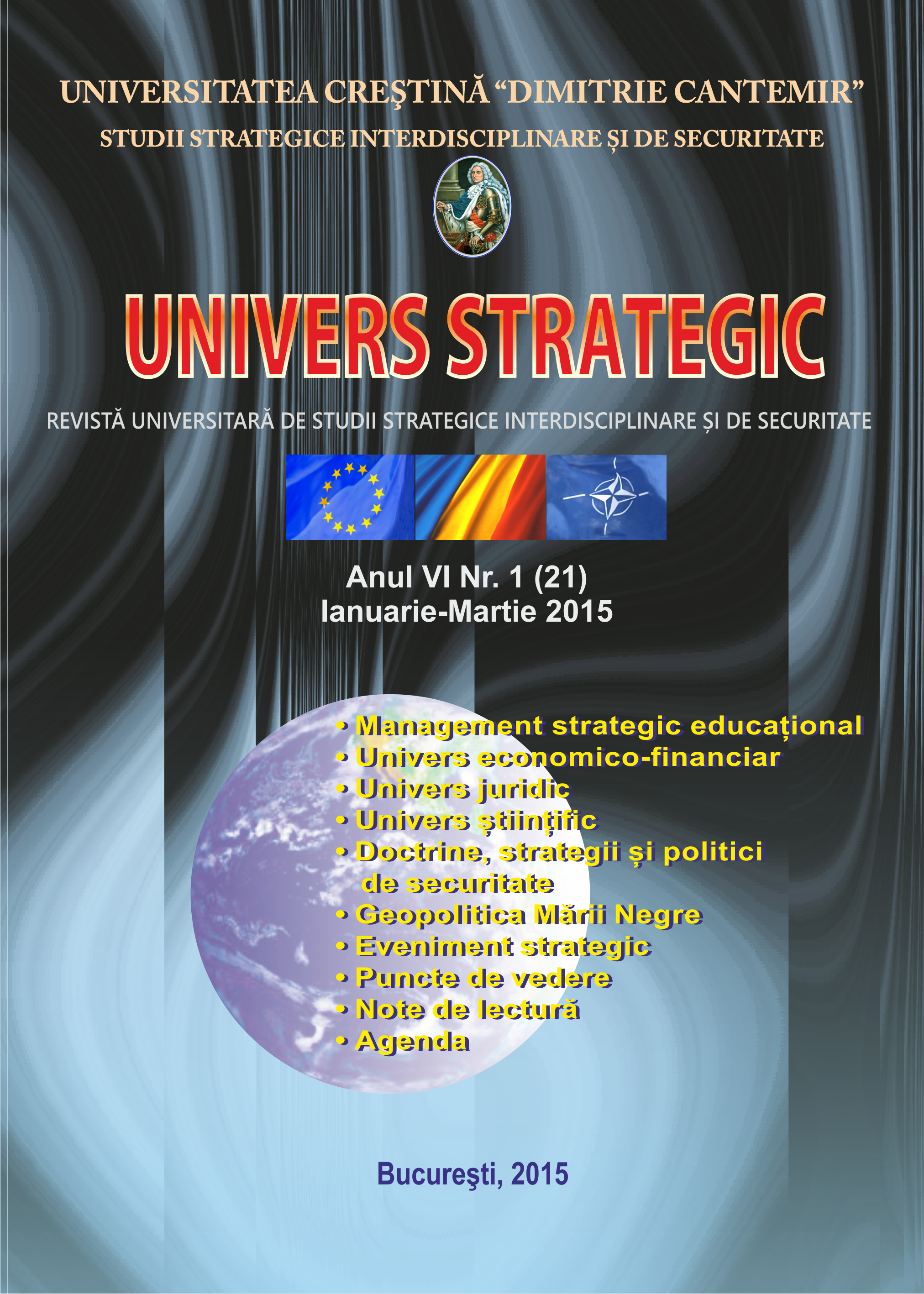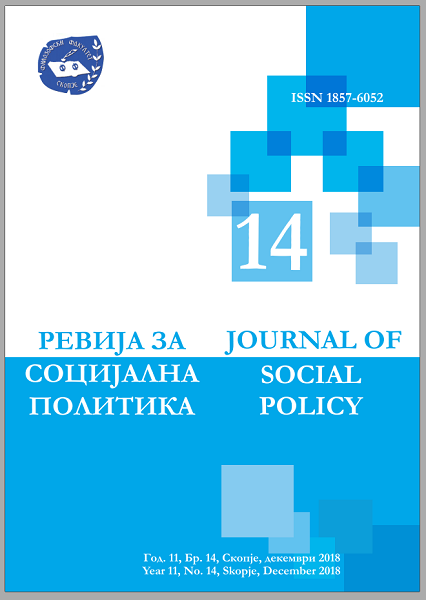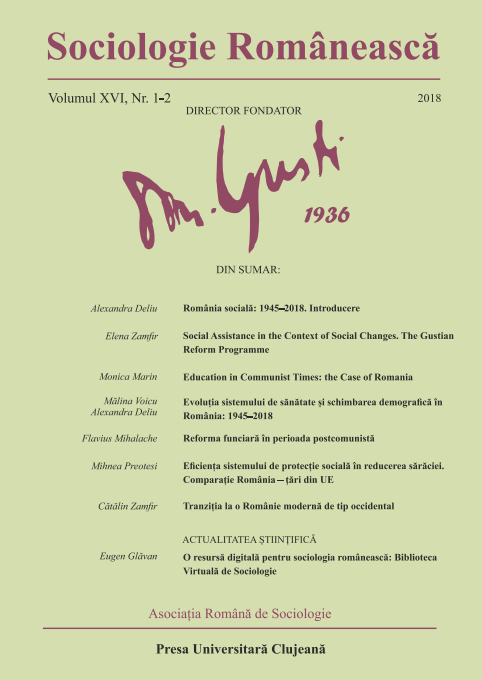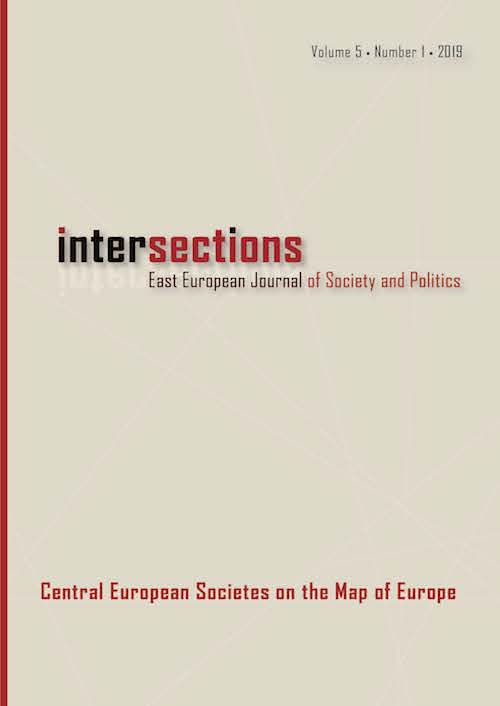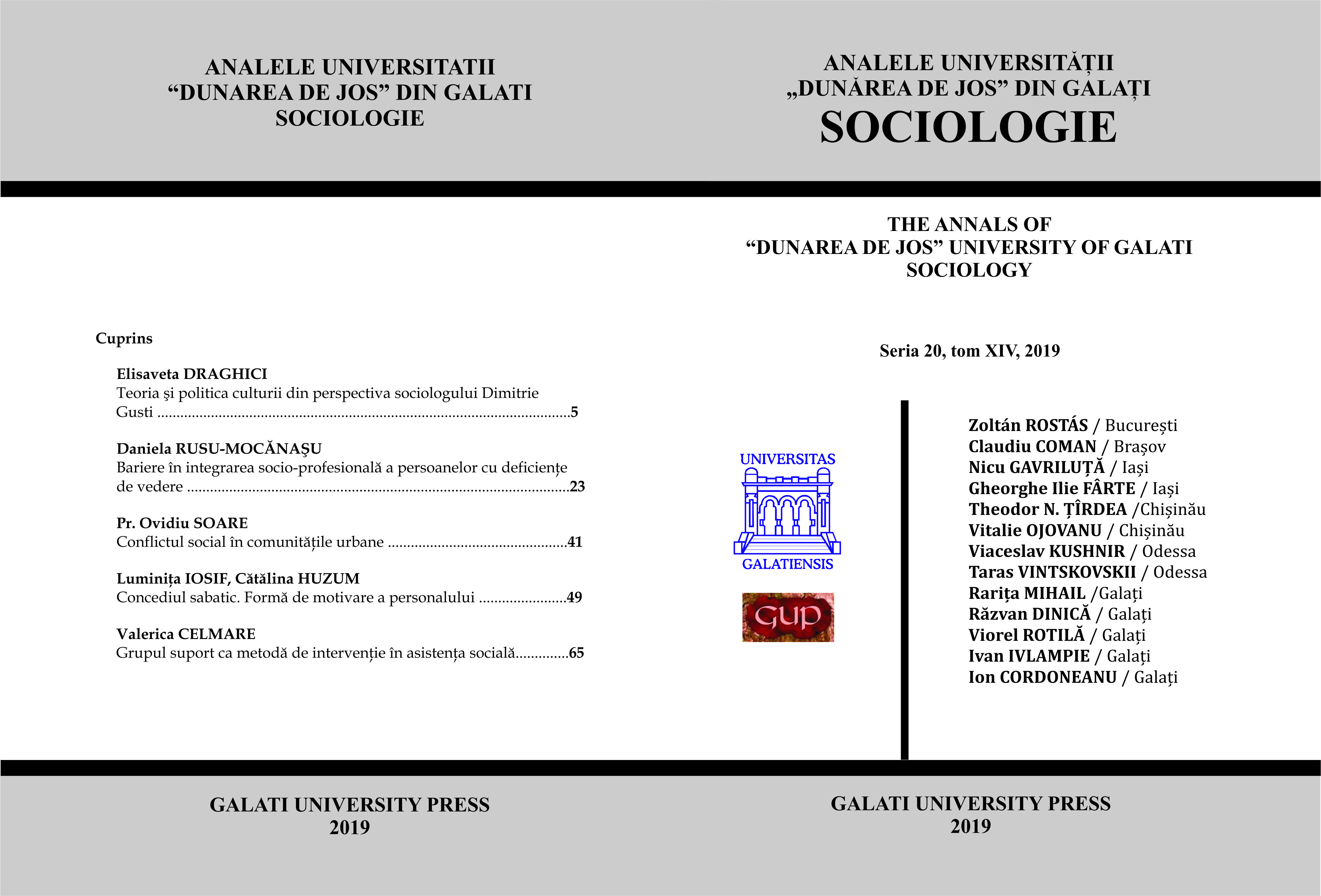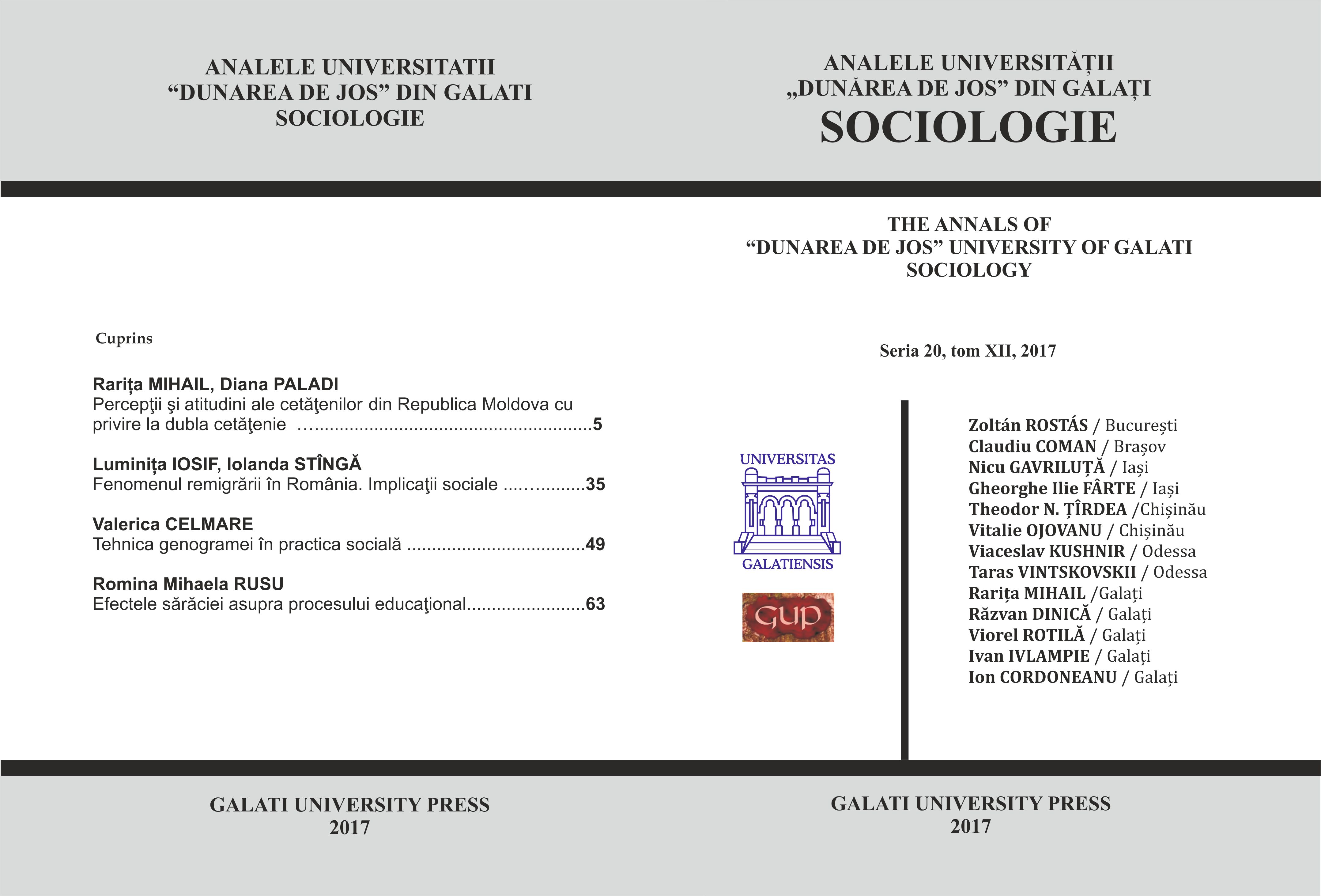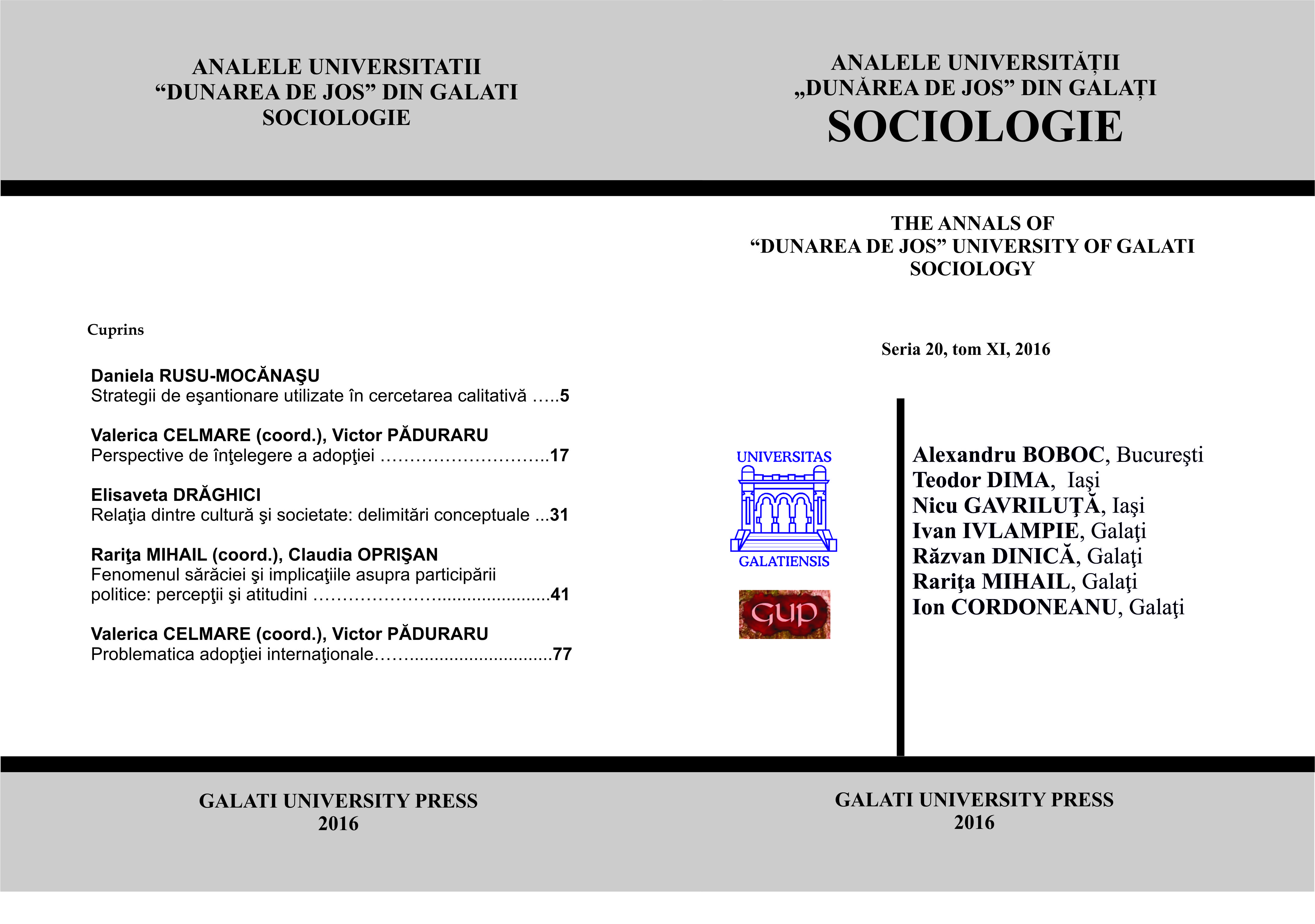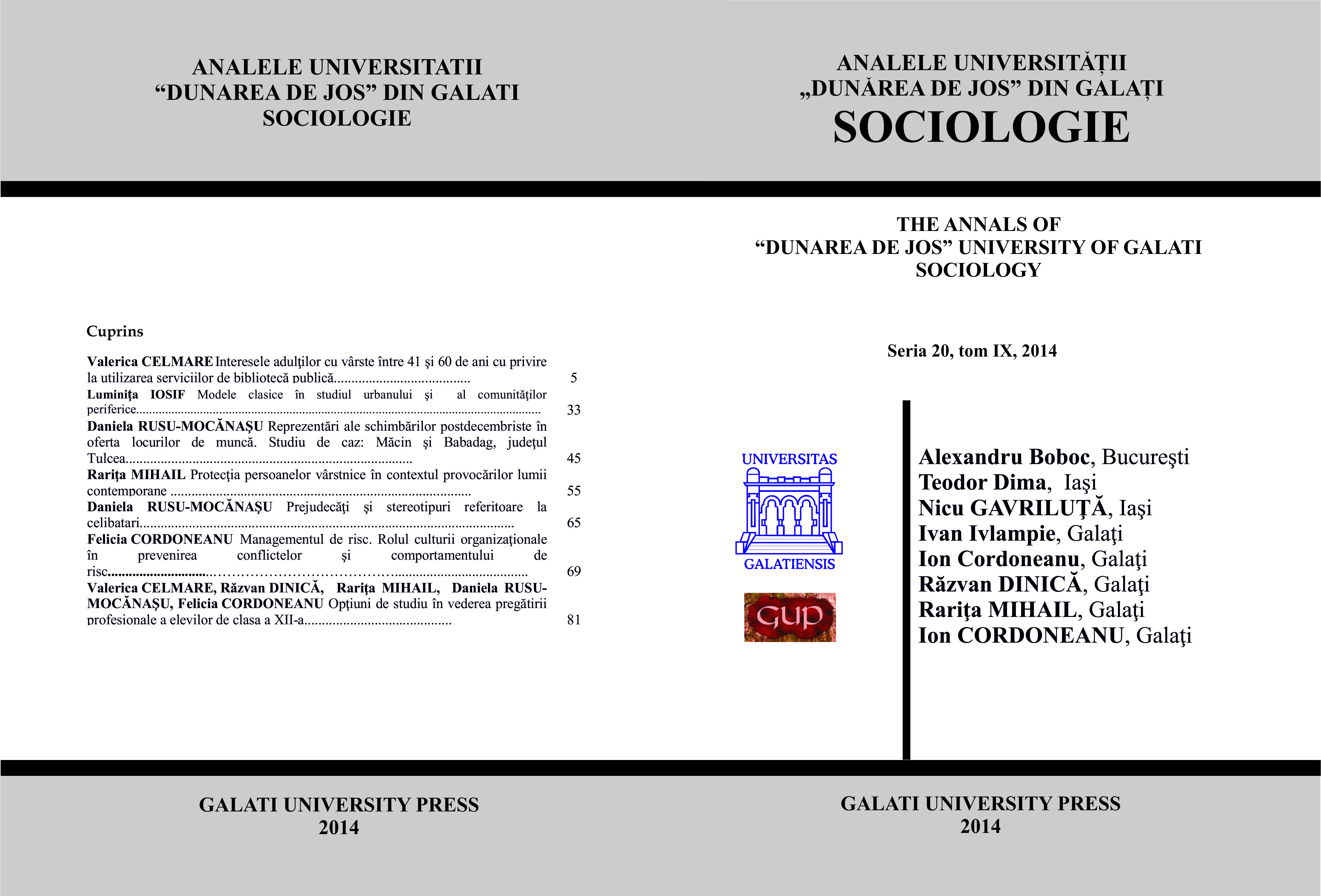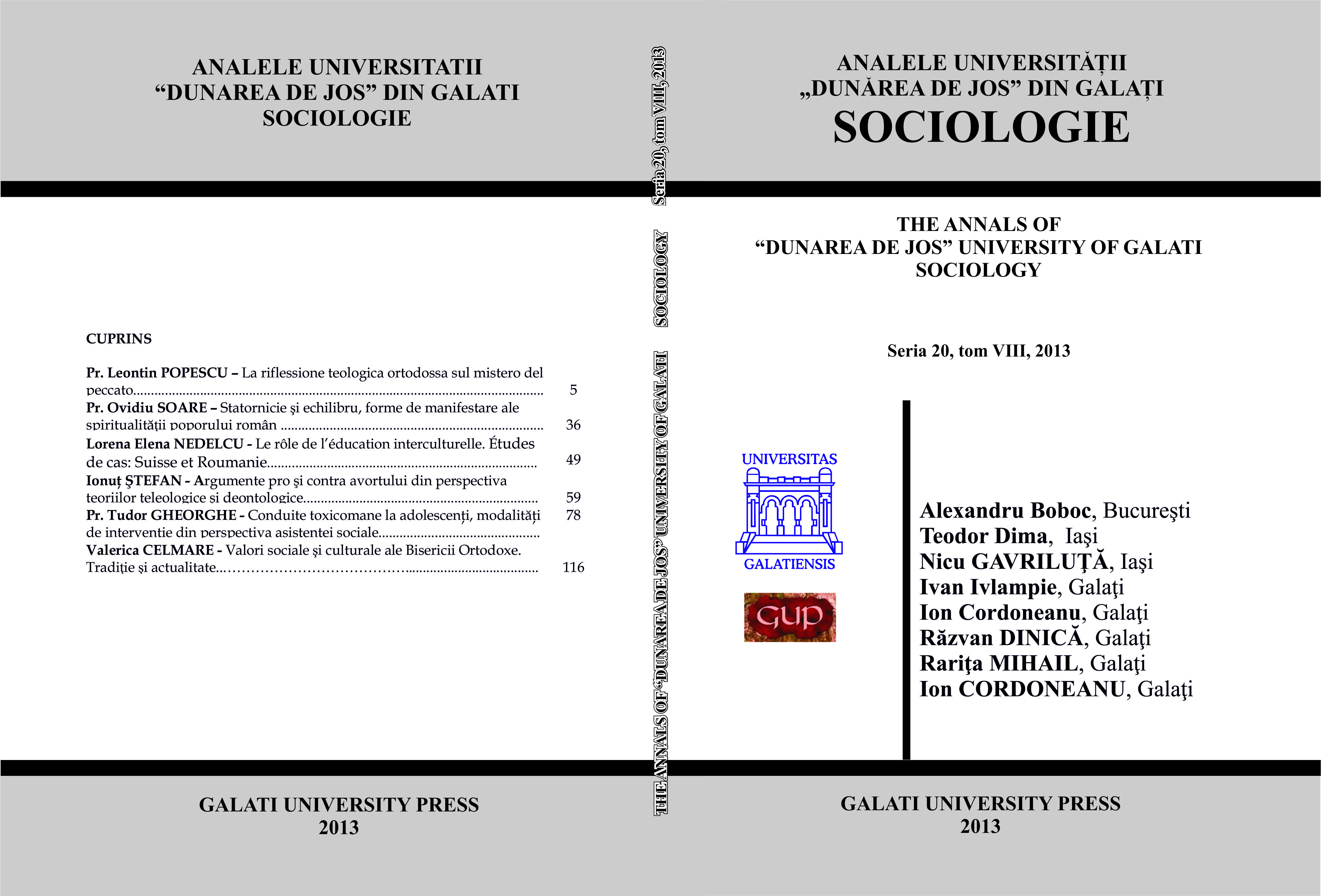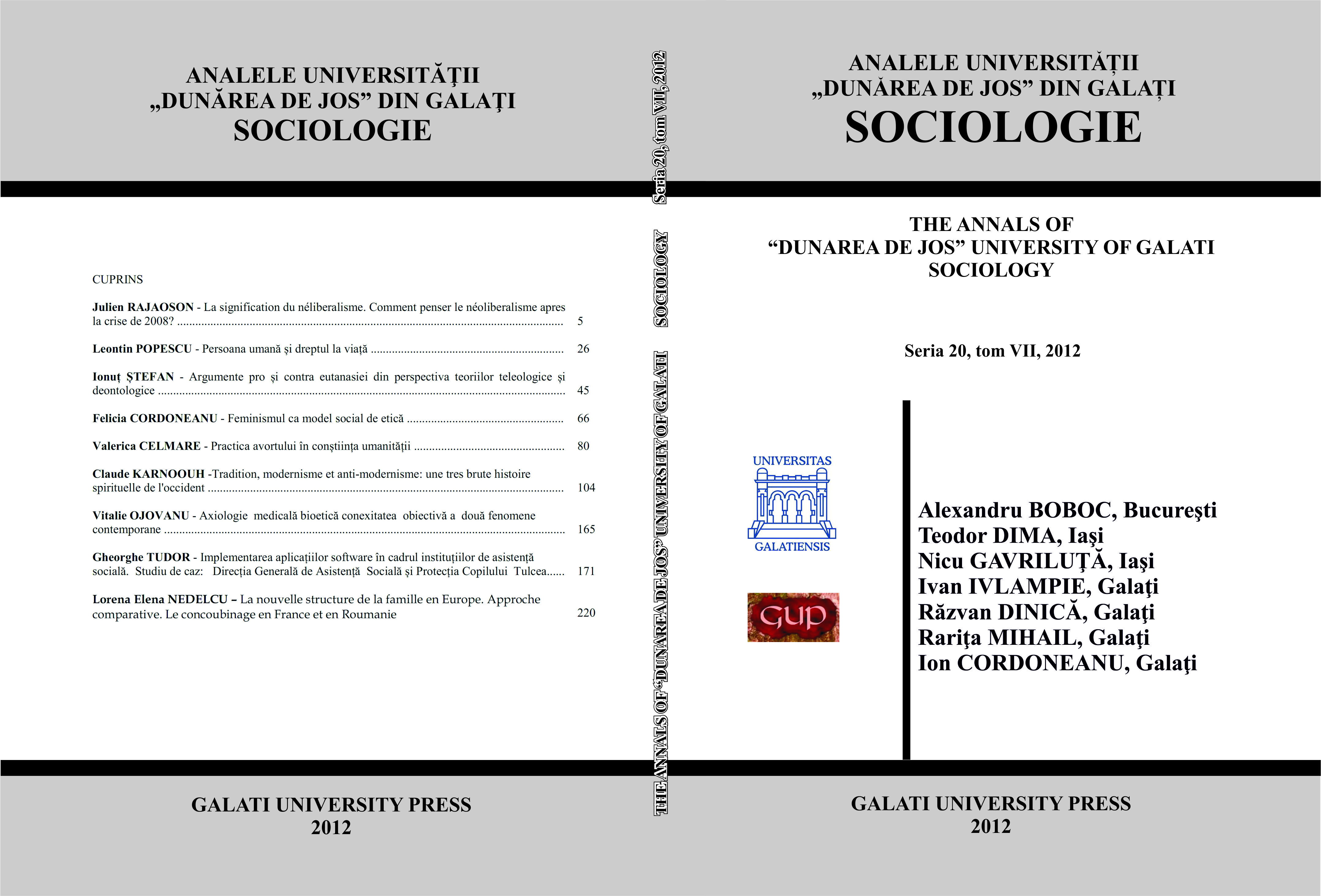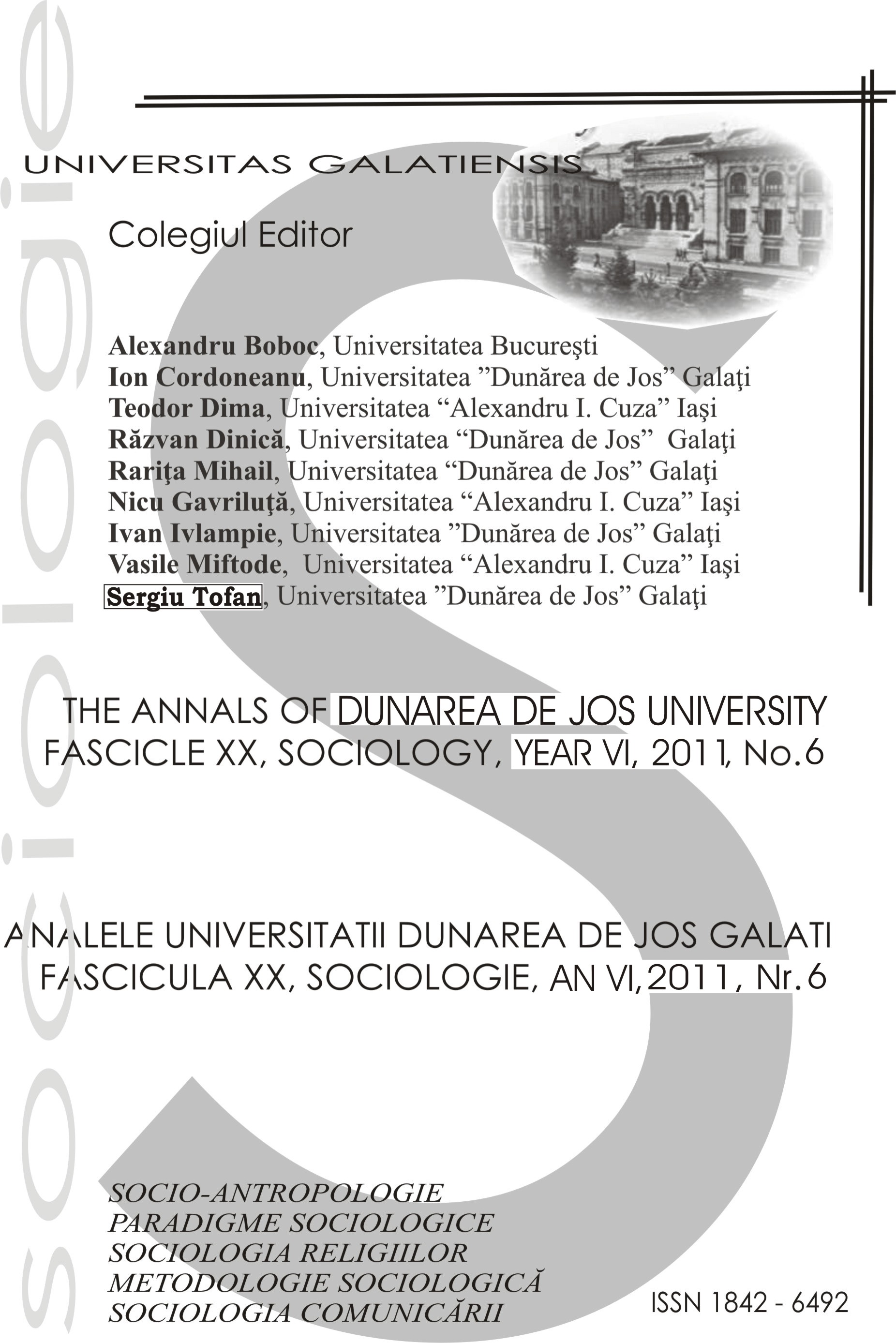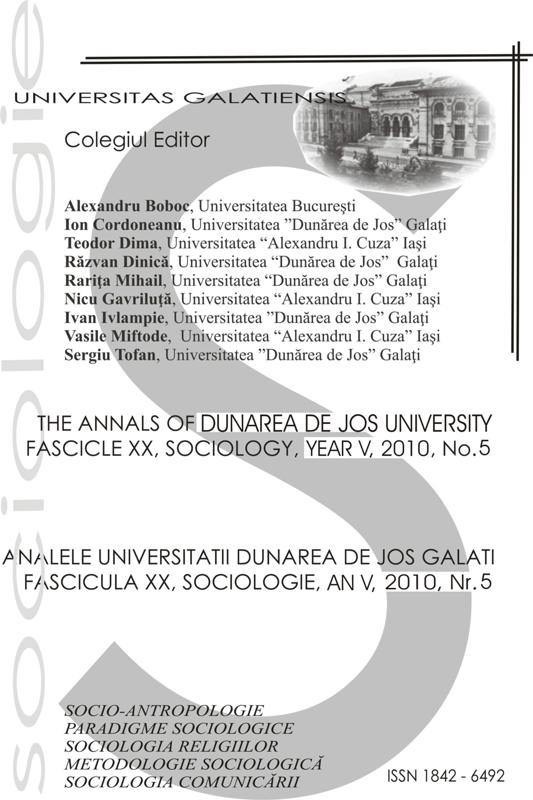Performance Management in Social and Healthcare Services for Older Persons
The research objectives were to identify specific problems that social and healthcare service providers face in the process of performance achievement and the way these efforts influence the relationship with older persons and their families. The scarcity of data on performance in public and private organisations in the social and healthcare sector recommends the use of qualitative methods. Data collection included five in-depth interviews with local and central authorities and two focus groups of managers from public and private organisations providing social and healthcare services for older persons. Findings show that performance in the social and healthcare sector is related to human and financial resources, to managerial capacity to balance the quantity and quality of services provided, and to the relationship with the beneficiaries.
More...
